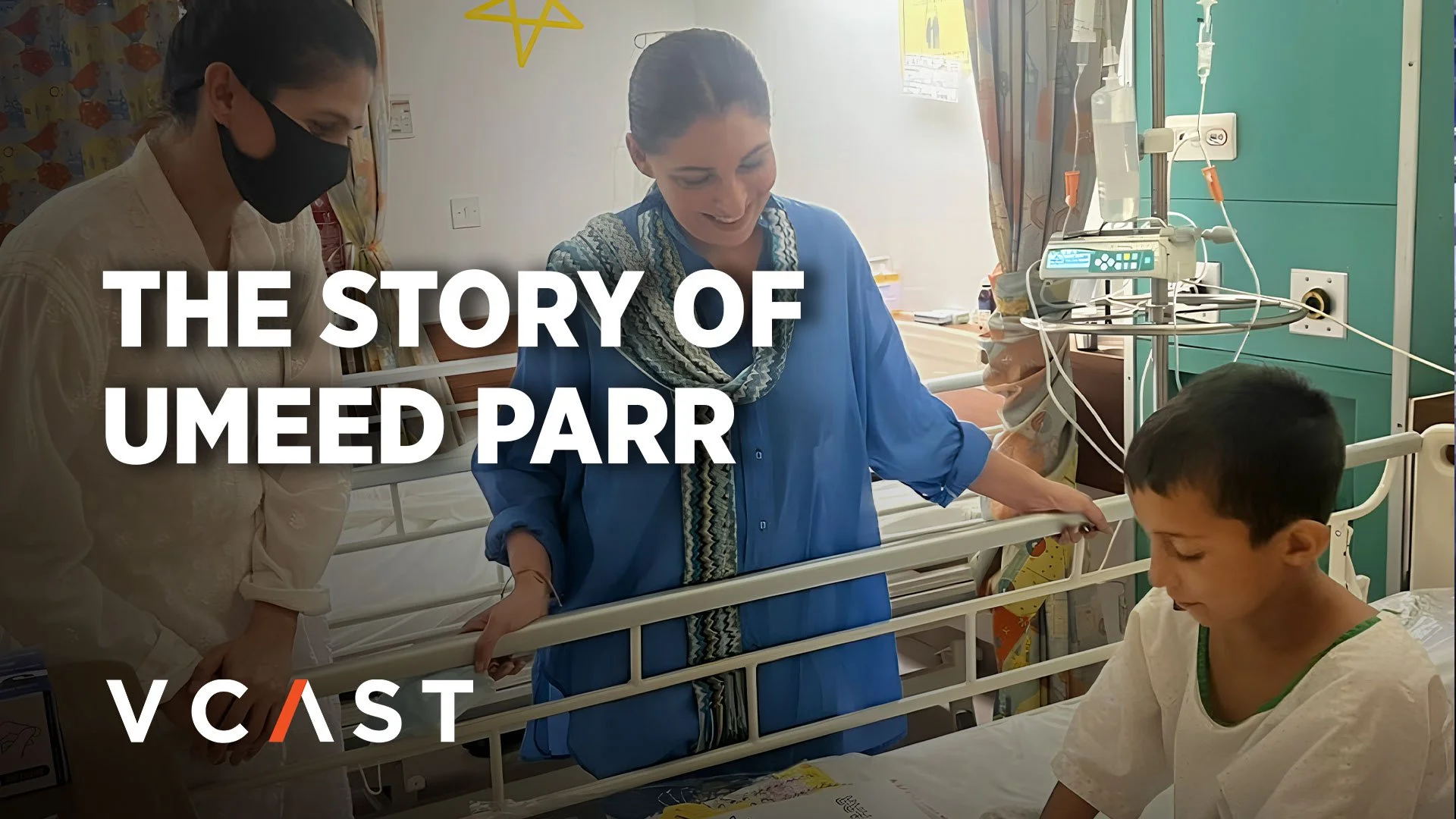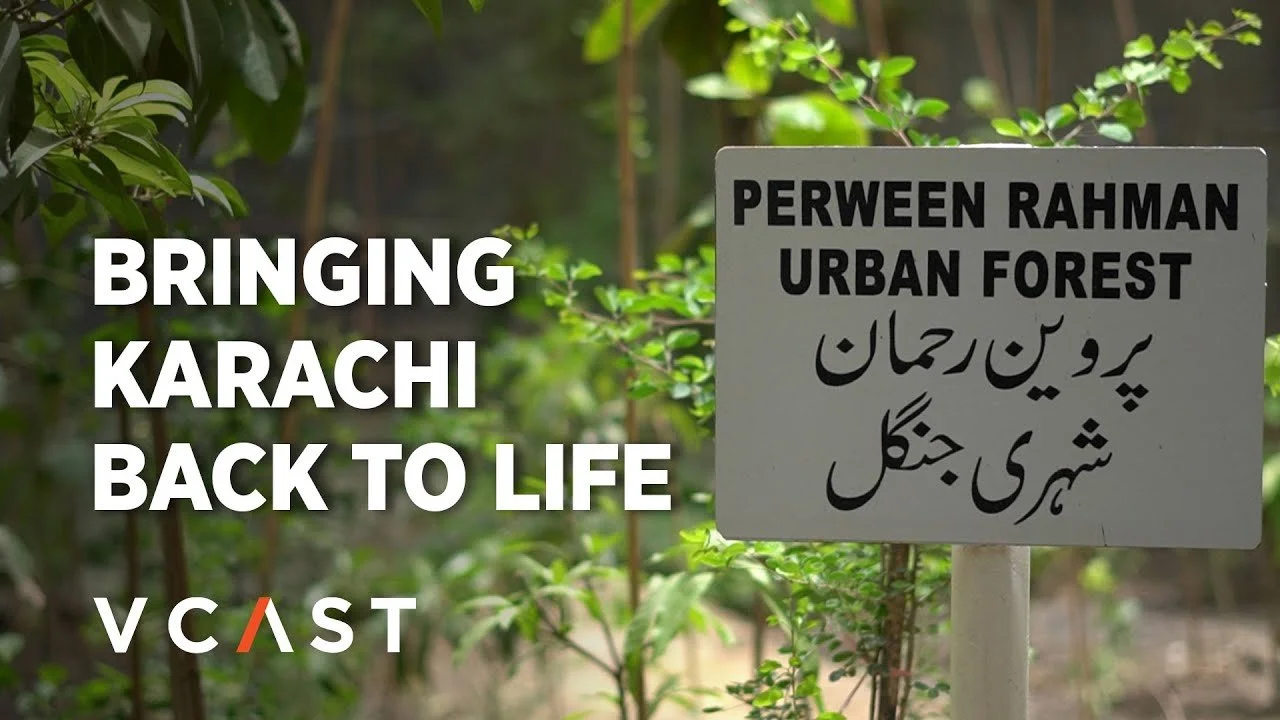The Perween Rahman Urban Forest
“We don’t need talks or seminars to make this city green again. All we need is to teach people what they already know — the knowledge that has sustained us for thousands of years. And the best way to teach is to show,” says Aquila Ismail, Chairperson of Orangi Pilot Project (OPP).
In this interview, the team behind Perween Rehman Urban Forest discusses the urgent need to reconnect urban communities with nature. They reflect on Karachi’s rising temperatures, the loss of indigenous trees, and how community-led initiatives like theirs offer a powerful and practical response to climate change.
Karachi has experienced a steady rise in temperatures over the past decade, a trend driven by rapid urbanisation, unchecked construction, and the loss of green cover across the city. Despite repeated warnings from climate experts, efforts to protect indigenous trees, wildlife, and other vital elements of a healthy environment have been minimal.
Since its establishment in 1980, the Orangi Pilot Project (OPP) has operated at the intersection of community welfare and urban sustainability. The OPP team realized that in order to convince the community to increase the green cover of Karachi, they must “walk the talk” and show the impact of urban forestation themselves.
So they partnered with environmentalist Masood Lohar, founder of the Clifton Urban Forest, to create the Perween Rehman Urban Forest within its office premises. The forest is named in honour of the late Perween Rehman. It aims to reduce urban heat, retain groundwater, support wildlife, and provide much-needed shade in densely populated areas while actively engaging the local community, particularly the youth.
Remarkably, large-scale plantation of the project was completed in just three days during the peak of Karachi’s summer heat, and none of the plants died, thanks to careful planning and sustainable watering solutions by the management.
“We saw a piece of land and said we could plant 3,000 saplings in three days. There couldn’t have been land worse than this. There’s salt even in the air here. So if it’s possible here, why wouldn’t it be possible anywhere else?”
The forest is built entirely with indigenous plants to ensure rapid growth and long-term sustainability. Approximately 80 percent of the trees are fruit-bearing species such as chikoo, guava, mango, plum, and jungle jalebi; while the remaining 20 percent include ornamental and shade-providing varieties like gulmohar and peepal. This makes it not only an urban forest but also a food forest, combining ecological restoration with community food resources.
The urban forest has already transformed its surroundings, creating a cooler microclimate and a welcoming green space where visitors can relax, walk, and connect with nature.
This initiative employs the Effective Microorganism Switch Treatment Unit (EMSTU), a system that uses beneficial bacteria and layered gravel filtration to treat wastewater. This recycled water, though not suitable for drinking, is ideal for cleaning and irrigation, reducing dependency on freshwater supplies.
OPP envisions replicating the urban forest model across Orangi and Karachi at large by identifying vacant plots in collaboration with local authorities and introducing indigenous plantations in public spaces, educational institutions, and community areas. Efforts have already been made at Dawood University and Sir Syed University, with discussions underway with NED University to create similar green zones. By transforming even small campus spaces into well-planned green areas, students can actively engage with nature while learning about sustainability.
And the OPP team remains optimistic: the urban forest movement can truly transform the city.
What steps do you think Karachi can take to reclaim its green spaces and fight rising urban heat? Share your ideas, experiences, or creative solutions in the comments below.
This article was developed using AI assistance tools.




